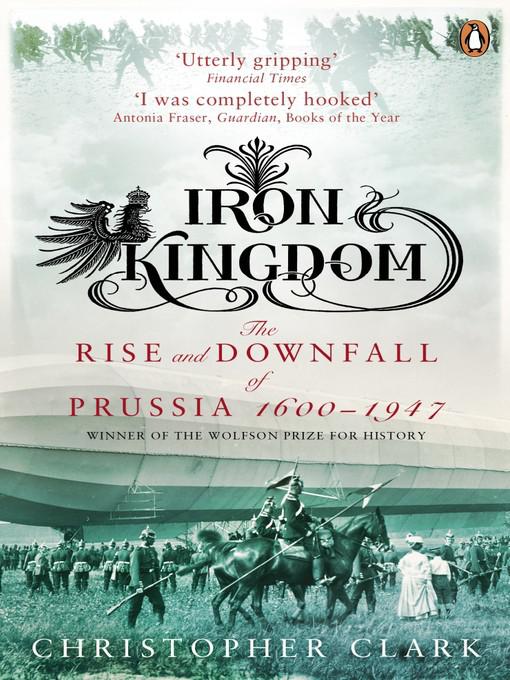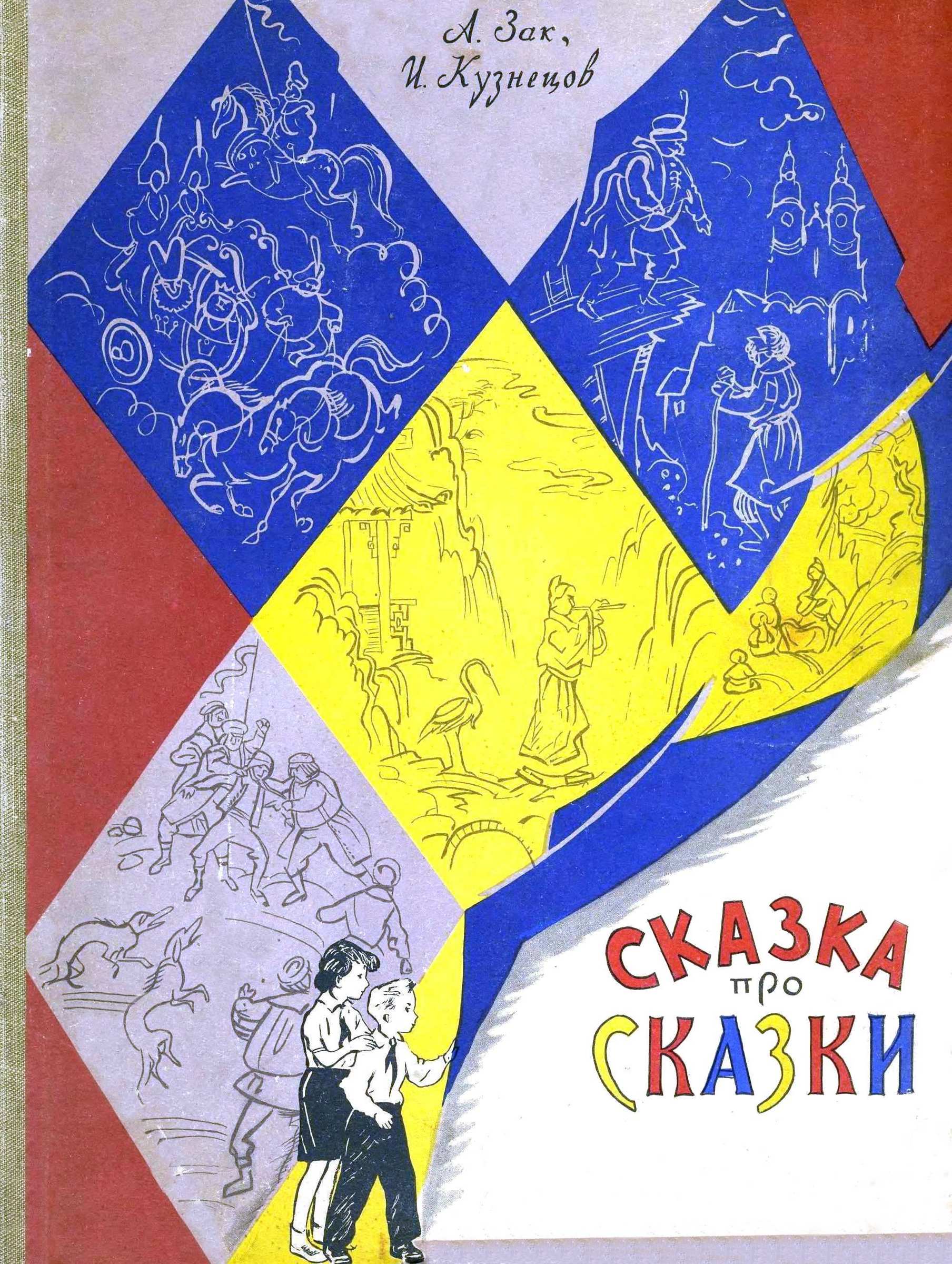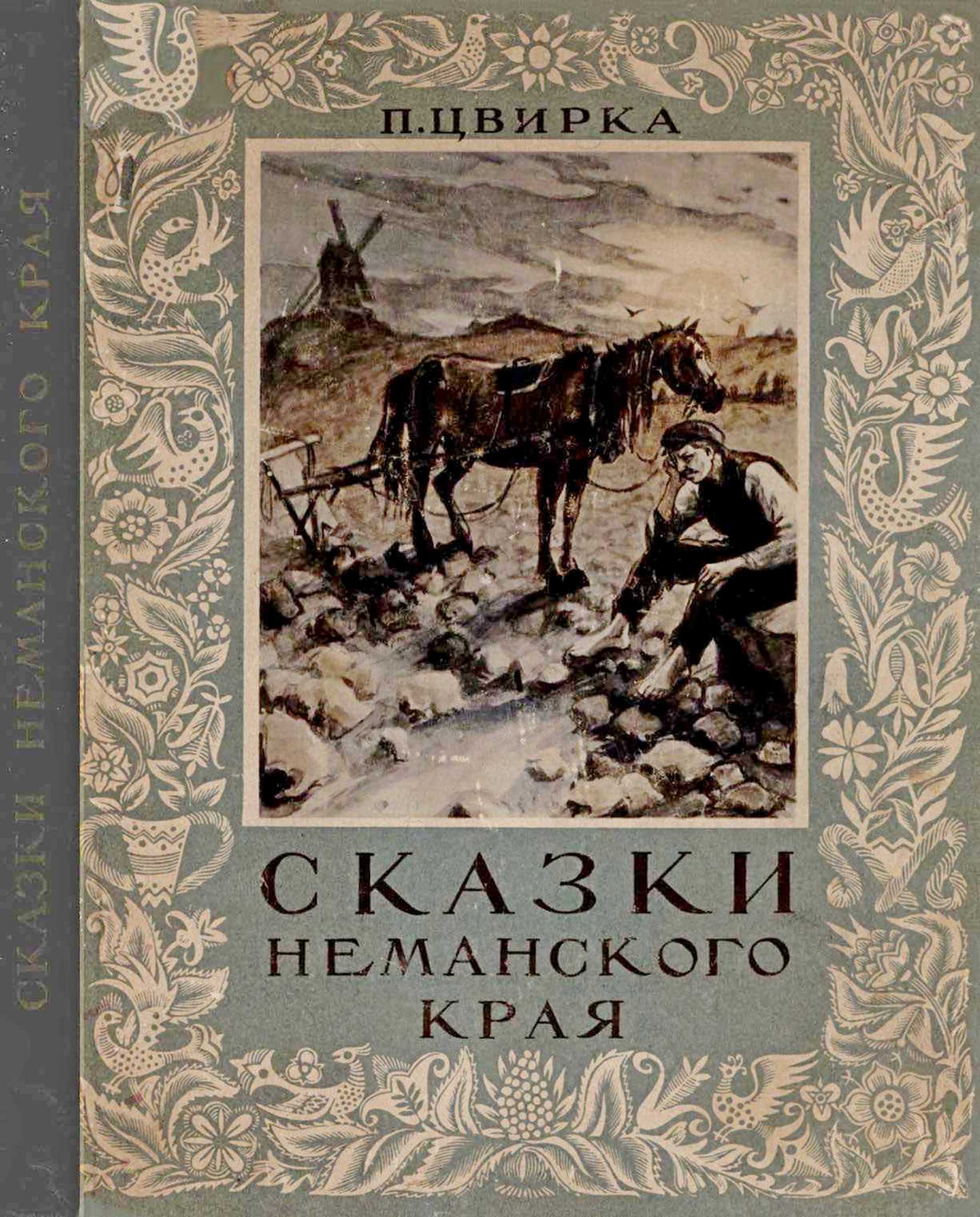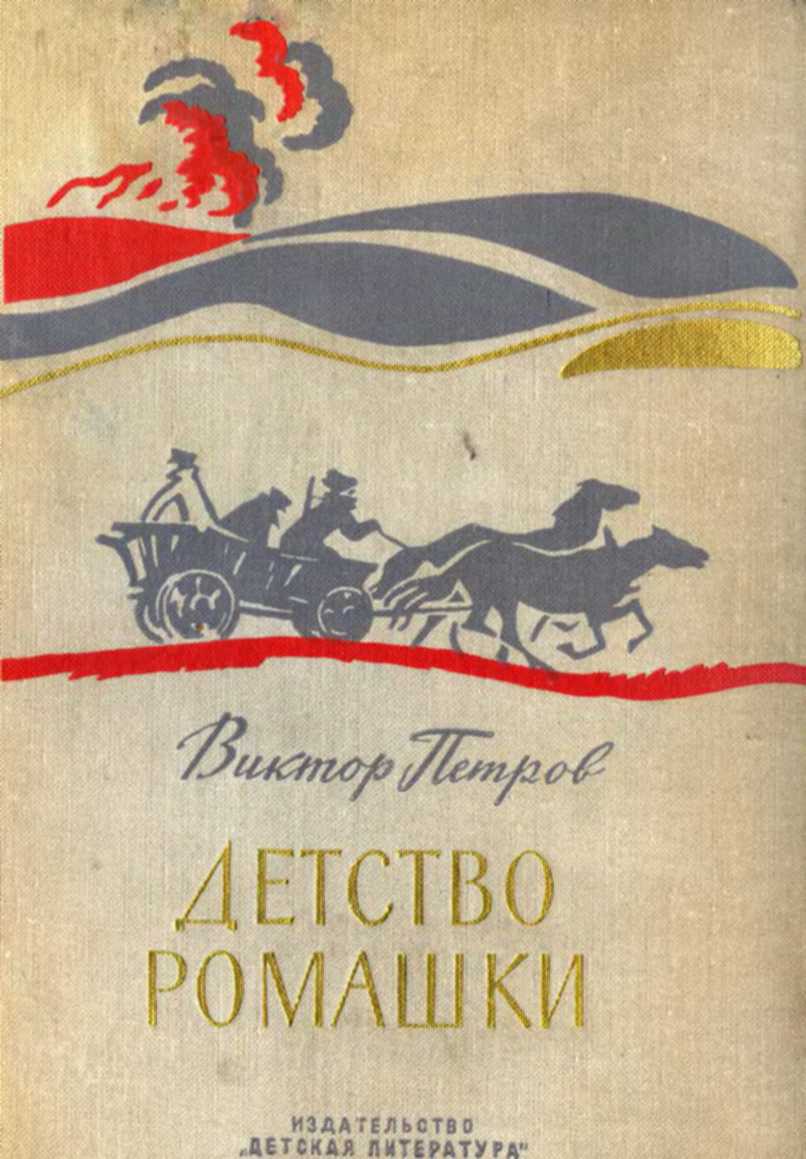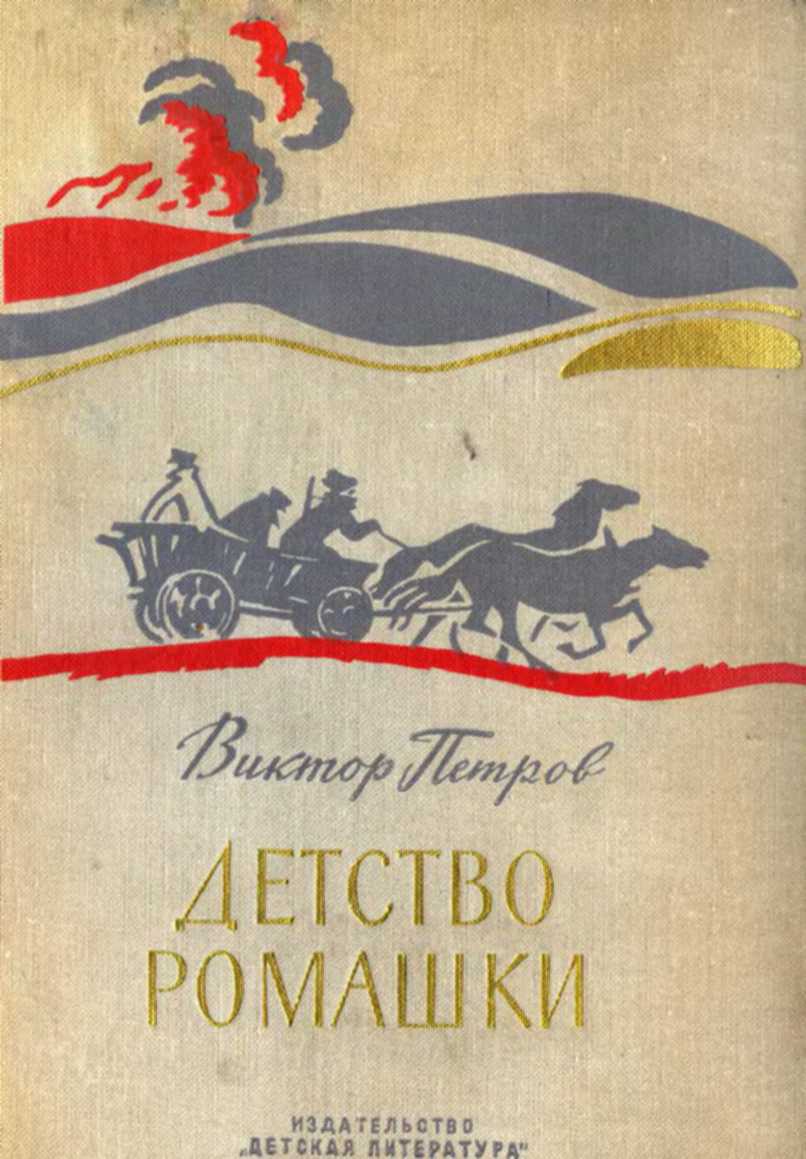Schwierigkeit, Preussen auszustellen. Rückschau auf die Preussen-Ausstellung, Berlin 1981’, in id. (ed.), Preussen. Politik, Kultur, Gesellschaft (2 vols., Hamburg, 1986), vol. 1, pp. 12–34. On the debate triggered by the exhibition, see BarbaraVogel, ‘Bemerkungen zur Aktualität der preussischen Geschichte’, Archiv für Sozialgeschichte, 25 (1985), pp. 467–507; T. C. W. Blanning, ‘The Death and Transfiguration of Prussia’, Historical Journal, 29 (1986), pp. 433–59.
7. The organizational hub of the present-day conservative Prussophiles is the Preussische Gesellschaft. The society publishes a journal (Preussische Nachrichten von Staats-und Gelehrten-Sachen), for which it claims a readership of 10,000; its website can be consulted at http://www.preussen.org/page/frame.html. The society’s following spans a wide range of right-of-centre positions, from authoritarian neo-liberals to Prussian federal autonomists, ultra-conservative monarchists and right-wing extremists.
8. The remains of Frederick the Great had been transferred to Hohenzollern-Hechingen towards the end of the Second World War to prevent their disinterment by the approaching Russians. They were repatriated in 1991 in conformity with the king’s testament, which had stipulated that he should be buried with his greyhounds on one of the terraces of Sans Souci. The presence of the then Chancellor Helmut Kohl at the re-interment ceremony was particularly controversial. On the city palace initiatives, see ‘Wir brauchen zentrale Akteure’, Süddeutsche Zeitung, 10 January 2002, p. 17; Peter Conradi, ‘Das Neue darf nicht verboten werden’, Süddeutsche Zeitung, 8 March 2002, p. 13; Joseph Paul Kleihues, ‘Respekt vor dem Kollegen Schlüter’, Die Welt, 30 January 2002, p. 20. For details of the campaign to restore the palace, see http://www.berliner-stadtschloss.de/index1.htm and http://www.stadtschloss-berlin.del.
9. Hans-Ulrich Wehler, ‘Preussen vergiftet uns. Ein Glück, dass es vorbei ist!’, Frankfurter Allgemeine Zeitung, 23 February 2002, p. 41; cf. Tilman Mayer, ‘Ja zur Renaissance’. Was Preussen aus sich machen kann’, Frankfurter Allgemeine Zeitung, 27 February 2002, p. 49; see also Florian Giese, ‘Preussens Sendung und Gysis Mission’ in Die Zeit, September 2002, accessed online at http://www.zeit.de/archiv/2002/09/200209 preussen.xml.
10. See, for example, Linda Colley, Britons. Forging the Nation (New Haven, CT, 1992) and, more generally, James C. Scott, Seeing Like a State. How Certain Schemes to Improve the Human Condition Have Failed (New Haven, CT, 1998), esp. pp. 11, 76–83, 183. On the debate over the ‘constructed’ character of nationalism, see Oliver Zimmer and Len Scales (eds.), Power and the Nation in European History (Cambridge, 2005).
11. Voltaire to Nicolas Claude Theriot, au Chêne, 26 October [1757], in Theodor Bestermann (ed.), Voltaire’s Correspondence, trans. Julius R. Ruff (51 vols., Geneva, 1958), vol. 32, p. 135.
1 The Hohenzollerns of Brandenburg
1. ‘Regio est plana, nemorosa tamen, & ut plurimus paludosa…’, Nicolaus Leuthinger, Topographia prior Marchiae regionumque vicinarum… (Frankfurt/Oder, 1598), reprinted in J. G. Kraus (ed.), Scriptorum de rebus marchiae brandenburgensis maxime celebrium… (Frankfurt, 1729), p. 117. For other examples, see Zacharias Garcaeus, Successiones familiarum et Res gestae illustrissimum praesidium Marchiae Brandenburgensis ab anno DCCCCXXVII ad annum MDLXXXII, reprinted in ibid., pp. 6–7.
2. William Howitt, The Rural and Domestic Life of Germany (London, 1842), p. 429.
3. Tom Scott, Society and Economy in Germany, 1300–1600 (London, 2002), pp. 24, 119.
4. Dirk Redies, ‘Zur Geschichte des Eisenhüttenwerkes Peitz’, in Museumsverband des Landes Brandenburg (ed.), Ortstermine. Stationen Brandenburg-Preussens auf dem Weg in die moderne Welt (Berlin, 2001), Part 2, pp. 4–16.
5. F. W. A. Bratring, Statistisch-Topographische Beschreibung der gesamten Mark Brandenburg (Berlin, 1804), repr. edn by Otto Büsch and Gerd Heinrich (2 vols., Berlin, 1968), vol. 1, pp. 28, 30, vol. 2, p. 1108. Bratring gives figures, but these derive from a later period when improvements had been made to many parts of the Mark and are in any case of dubious accuracy.
6. William W. Hagen, Ordinary Prussians. Brandenburg Junkers and Villagers, 1500–1840 (Cambridge, 2002), p. 44.
7. On the ‘holiness’ of the ‘Reich’, see Hans Hattenhauer, ‘Über die Heiligkeit des Heiligen Römischen Reiches’, in Wilhelm Brauneder (ed.), Heiliges Römisches Reich und moderne Staatlichkeit (Frankfurt/Main, 1993), pp. 125–46. On the multivalence of the term, see Georg Schmidt, Geschichte des alten Reiches, Staat und Nation in der frühen Neuzeit 1495–1806 (Munich, 1999), p. 10.
8. Only in the years 1742–5, under exceptional circumstances, did the imperial title pass to a member of the Bavarian Wittelsbach dynasty.
9. On dynastic partitions, see Paula Sutter Fichtner, Protestantism and Primogeniture in Early Modern Germany (New Haven, CT, 1989), esp. pp. 4–21; Geoffrey Parker, The Thirty Years’ War (London, 1984), p. 15.
10. Elizabeth’s dramatic departure had less to do with the fear of religious persecution than with the extramarital liaisons for which Luther had reproached Joachim I in a series of published open letters. Manfred Rudersdorf and Anton Schindling, ‘Kurbrandenburg’, in Anton Schindling and Walter Ziegler (eds.), Die Territorien des Reiches im Zeitalter der Reformation und Konfessionalisierung. Land und Konfession 1500–1650 (6 vols., Münster, 1990), vol. 2, Der Nordosten, pp. 34–67, here p. 40.
11. Axel Gotthard, ‘Zwischen Luthertum und Calvinismus (1598–1640)’, in Frank-Lothar Kroll (ed.), Preussens Herrscher. Von den ersten Hohenzollern bis Wilhelm II (Munich, 2000), pp. 74–94, here p. 75; Otto Hintze, Die Hohenzollern und ihr Werk. Fünfhundert Jahre Vaterländischer Geschichte (7th edn, Berlin, 1916), p. 153.
12. Walter Mehring, Die Geschichte Preussens (Berlin, 1981), p. 37.
13. For a discussion of the inheritance law involved in this claim, see Heinz Ollmann-Kösling, Der Erbfolgestreit um Jülich-Kleve (1609–1614). Ein Vorspiel zum Dreissigjährigen Krieg (Regensburg, 1996), pp. 52–4.
14. For an overview with literature, see Rudolf Endres, Adel in der frühen Neuzeit (Munich, 1993), esp. pp. 23–30, 83–92.
15. Peter-Michael Hahn, ‘Landesstaat und Ständetum im Kurfürstentum Brandenburg während des 16. und 17. Jahrhunderts’, in Peter Baumgart (ed.), Ständetum und Staatsbildung in Brandenburg-Preussen. Ergebnisse einer international Fachtagung (Berlin, 1983), pp. 41–79, here p. 42.
16. This account is based on the text of the Geheimratsordnung of 13 December 1604, transcribed in Siegfried Isaacsohn, Geschichte des preussischen Beamtenthums vom Anfang des 15. Jahrhunderts bis auf die Gegenwart (3 vols., Berlin, 1874–84), vol. 2, pp. 24–8.
17. Ibid., p. 28; Johannes Schultze, Die Mark Brandenburg (4 vols., Berlin, 1961–69), vol. 4, p. 188; Hintze, Die Hohenzollern, pp. 154–5.
18. Gotthard, ‘Zwischen Luthertum und Calvinismus’, in Kroll (ed.), Preussens Herrscher, pp. 85–7; Schultze, Die Mark Brandenburg, vol. 4, pp. 176–9.
19. Hintze,
